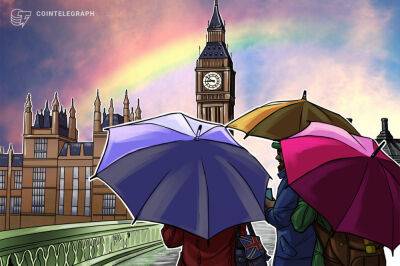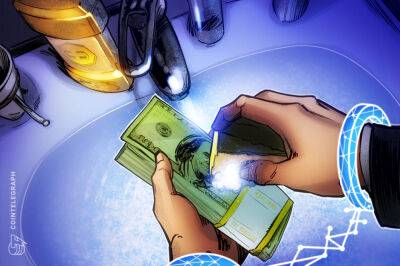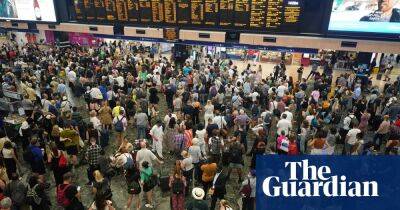Biggest UK fall in real wages for 100 years looms, warns TUC
Pay rises could fall behind inflation by almost 8% later this year, marking the biggest fall in real wages for 100 years, according to analysis by the TUC.
The TUC said a prediction by the Bank of England that inflation would jump to 13% in the fourth quarter of this year at a time when wages were expected to increase by just 5.25% meant living standards would fall by an unprecedented 7.75%.
The figure was calculated by looking at the impact of inflation on workers’ living standards using the latest Bank forecasts. The TUC said that workers had not suffered such a severe and prolonged decline in wages relative to inflation since the 1920s.
Tens of thousands of workers have signalled that they are prepared to strike after a series of ballots for industrial action.
More than 115,000 UK postal workers are to stage a series of strikes later this month after they rejected a pay offer worth up to 5.5%. They could soon be joined by up to 480,000 nurses after the Royal College of Nursing urged its members to back strike action in support of a pay claim for 5% above June’s 11.8% retail prices index (RPI) measure of inflation.
Ministers offered nurses a 3% pay award with a top-up for senior nurses to 4%. But the RCN, which has increased its strike fund by £15m to £50m, said: “This leaves an experienced nurse over £1,000 worse off in real terms.”
The Bank of England revamped its forecasts for inflation this winter to a peak of 13% after energy experts said the price cap on average household bills would increase to £3,600 in October and may go up to as much as £4,200 in January 2023. In recent days, estimates have signalled the average bill could rise to as much as £5,000 next year.
Businesses are also under pressure from soaring energy
Read more on theguardian.com



















